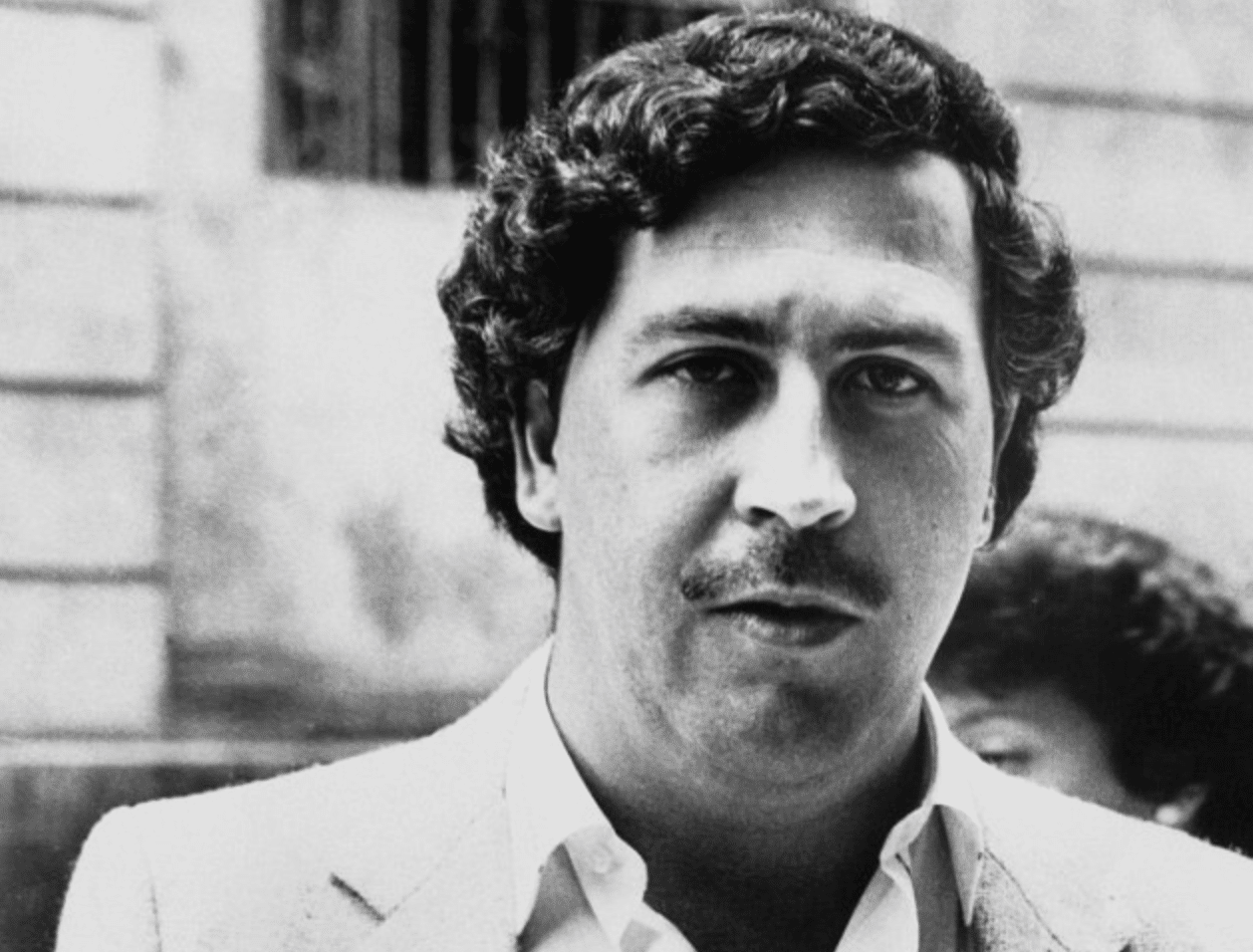Pablo Escobar's Wealth: The Rise And Fall Of A Drug Lord
The story of Pablo Escobar is not just about crime, but also about extraordinary wealth and its consequences. This infamous Colombian drug lord amassed a staggering fortune through the illegal cocaine trade, making him one of the richest men in history. His wealth, however, came with a heavy price, impacting not only his life but the lives of countless others. In this article, we will explore the intricacies of Pablo Escobar's wealth, how he built his empire, and the implications of his financial success.
Throughout the 1980s, Escobar's Medellín Cartel dominated the global cocaine market, earning billions of dollars annually. His extravagant lifestyle, marked by opulence and luxury, showcased the extent of his wealth. Yet, beneath the surface of his riches lay a world of violence, corruption, and devastation. This article aims to provide a comprehensive look at Pablo Escobar's wealth, highlighting both the allure and the dangers associated with immense financial power.
As we delve into the life of Pablo Escobar, it's essential to understand the factors that contributed to his financial success and the eventual downfall of his empire. By analyzing his wealth through various lenses, including economic, social, and political perspectives, we can gain valuable insights into the complexities of wealth accumulation in the context of crime. Join us as we unravel the life of one of history's most notorious figures and the legacy of wealth he left behind.
Table of Contents
- Biography of Pablo Escobar
- Early Life and Background
- Rise to Power
- Building the Drug Empire
- Pablo Escobar's Wealth and Assets
- Downfall of Pablo Escobar
- Legacy and Impact
- Conclusion
Biography of Pablo Escobar
Pablo Emilio Escobar Gaviria was born on December 1, 1949, in Rionegro, Colombia. He grew up in Medellín, where he began his journey into the world of crime. His early ventures included petty theft and car smuggling, but he quickly escalated to more profitable criminal activities.
| Personal Information | Details |
|---|---|
| Name | Pablo Emilio Escobar Gaviria |
| Born | December 1, 1949 |
| Died | December 2, 1993 |
| Occupation | Drug Lord |
| Known for | Leader of the Medellín Cartel |
Early Life and Background
Escobar was born into a modest family; his father was a farmer and his mother was a schoolteacher. He displayed entrepreneurial skills from a young age, leading him to engage in various illegal activities. By the late 1970s, he had established connections within the drug trade, setting the stage for his future wealth.
Rise to Power
As the demand for cocaine surged in the United States during the 1980s, Escobar seized the opportunity. He founded the Medellín Cartel, which quickly became the largest supplier of cocaine in the world. His ability to evade law enforcement and eliminate rivals contributed to his rapid rise in the drug trade.
Strategies for Success
- Strategic Alliances: Forming partnerships with other drug traffickers.
- Corruption: Bribing officials to facilitate his operations.
- Violence: Employing brutal tactics to eliminate competition.
Building the Drug Empire
Pablo Escobar's drug empire was built on a network of production, distribution, and sales. He controlled every aspect of the cocaine trade, from coca cultivation in the Andes to street-level sales in major cities.
Financial Strategies
Escobar's financial acumen was evident in his ability to launder money. He invested in various legitimate businesses, including real estate and construction, which helped him disguise his illicit earnings.
Pablo Escobar's Wealth and Assets
At the height of his power, Pablo Escobar's net worth was estimated to be between $30 billion to $50 billion. His wealth allowed him to live a life of luxury, characterized by extravagant properties, cars, and even private jets.
Notable Assets
- Hacienda Nápoles: A luxurious estate featuring a zoo, a racetrack, and multiple swimming pools.
- Private Aircraft: Escobar owned several planes for transporting cocaine.
- Real Estate: Numerous properties in Colombia and abroad.
Downfall of Pablo Escobar
Despite his wealth and power, Escobar's empire began to crumble in the early 1990s due to increased law enforcement pressure and the rise of rival cartels. The Colombian government, supported by the United States, launched an extensive manhunt to capture him.
Capture and Death
Pablo Escobar was killed on December 2, 1993, in a shootout with Colombian National Police. His death marked the end of an era in the drug trade, but the impact of his wealth and violence continues to be felt today.
Legacy and Impact
Pablo Escobar's legacy is a complex tapestry of wealth, violence, and social change. His immense fortune allowed him to fund philanthropic efforts in Colombia, earning him a certain level of admiration among some communities. However, the consequences of his actions resulted in devastating violence and corruption.
Conclusion
Pablo Escobar's wealth is a testament to the extremes of human ambition and greed. His rise to power through the cocaine trade showcases the allure of wealth, yet the repercussions of his actions serve as a cautionary tale. As we reflect on his life, it’s crucial to remember the broader implications of wealth accumulation through illegal means.
If you found this article insightful, please consider leaving a comment or sharing it with others. For more information on related topics, feel free to explore our other articles.
Thank you for reading, and we invite you to return for more engaging content!
When Is Justin Bieber's New Album Coming Out?
Laura Ingraham's Wife: Understanding Her Life And Influence
How Much Did Escobar Make A Week? The Life And Wealth Of Pablo Escobar


